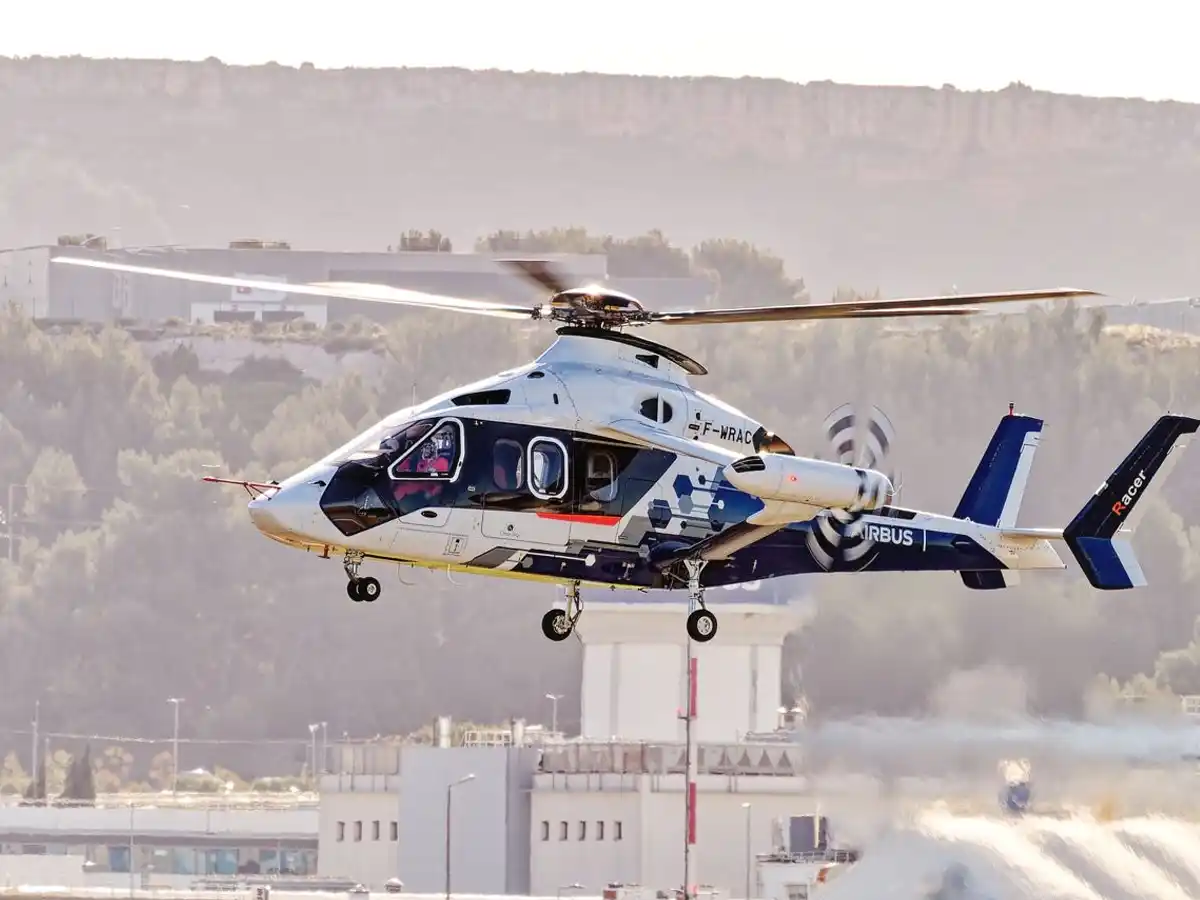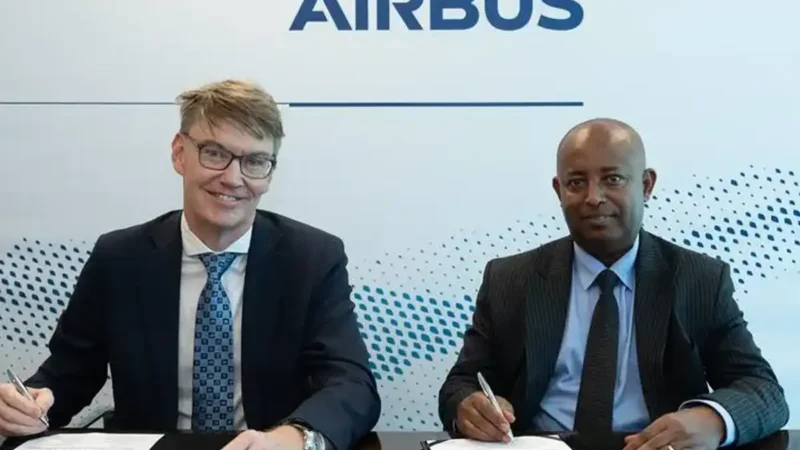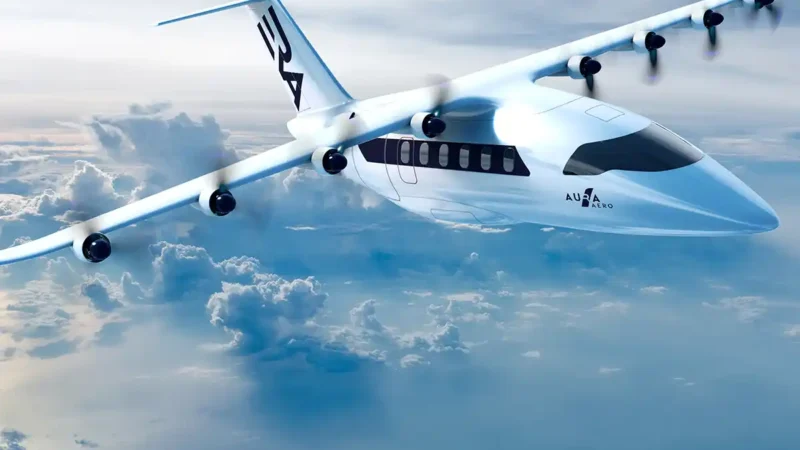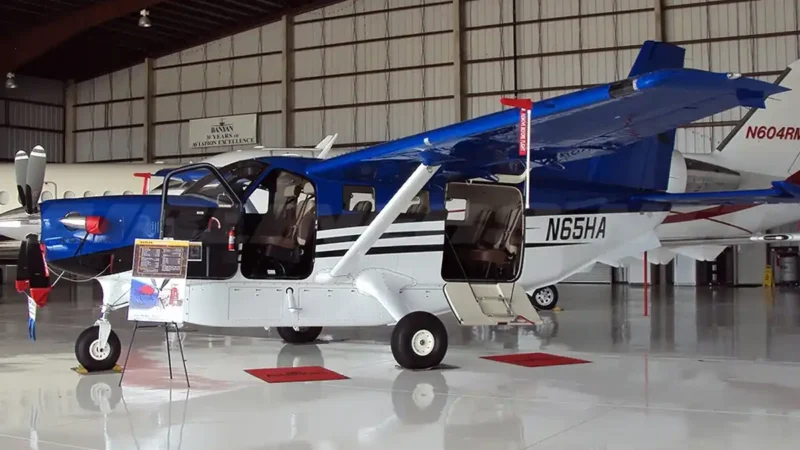Airbus Helicopters’ Racer is off to a flying start

Airbus Helicopters’ Racer demonstrator, developed in the frame of the European Research Clean Sky 2 project, has performed its first flight, in Marignane. The aircraft flew for about 30 minutes, allowing the flight test team to check the overall behaviour of the aircraft.
This important milestone launches the flight campaign which will take two years and will aim to progressively open the aircraft’s flight envelope and demonstrate its high-speed capabilities.
“With its 90 patents, Racer is the perfect example of the level of innovation that can be achieved when European partners come together. This first flight is a proud moment for Airbus Helicopters and for our 40 partners in 13 countries,” said Bruno Even, CEO of Airbus Helicopters. “I look forward to watching this demonstrator pioneer high-speed capabilities and develop the eco-mode system that will contribute to reducing fuel consumption,” he added.
Optimised for a cruise speed of more than 400 km/h, the Racer demonstrator aims to achieve the best trade-off between speed, cost-efficiency, and mission performance. The Racer also targets a fuel consumption reduction of around 20%, compared to current generation helicopters of the same class, thanks to aerodynamic optimisation and an innovative eco-mode propulsion system. Developed with Safran Helicopter Engines, the hybrid-electrical eco-mode system allows one of the two Aneto-1X engines to be paused while on cruise flight, thus contributing to cutting CO2 emissions. The Racer also aims to demonstrate how its particular architecture can contribute to lowering its operational acoustic footprint.
The Racer builds upon the aerodynamic configuration validated by the Airbus Helicopters X3 technology demonstrator which, back in 2013, broke the speed record and pushed the limits for a helicopter by reaching 472 km/h. While the X3 aimed to validate the compound architecture, combining fixed wings for energy-efficient lift, lateral rotors for energy-efficient propulsion and a main rotor that provides energy-efficient VTOL flight capacity, the Racer aims to take the compound formula closer to an operational configuration and to offer increased capabilities for certain missions for which high speed can be a real advantage.




